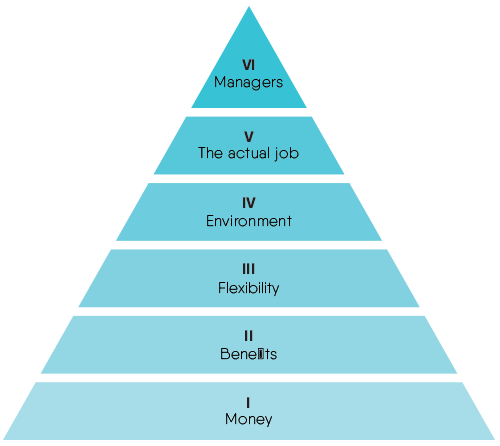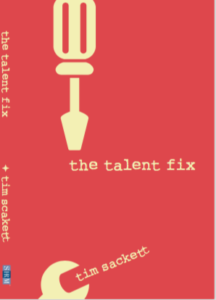Everyone wants a talent brand that candidates will love, but almost no Talent Acquisition function is actually willing to love those same candidates back!
You get this, right!?
Do you know why you love certain brands? It’s usually a combination of an experience you had with that brand. You loved their product or service, how they/it made you feel, how you were treated, etc. The brand made you feel like you were apart of it. That it ‘loved’ you, just even a little.
We all want to have these amazing talent brands (employment brands), but part of having that amazing brand is you have to actually truly like the candidates who are reaching out to you. This is the single biggest struggle most organizations have with establishing a real Talent Brand. We want candidates to love us, but we don’t want to love them in return!
In fact, we don’t even really want to be friends with them! Or at least that’s how we act! Most TA shops treat candidates like they’re the enemy. Very similar to how celebrities treat the media. Love us! But, we’re going to act as you annoy us! Um, what!? This is about 90% of TA shops, and they’re completely flabbergasted when the data says candidates think they’re crap!
So, you want a Talent Brand candidates will love? Try doing some of this:
1. Change your internal TA culture to start believing candidates are our friend, not the enemy! Without these wonderful candidates, we don’t have jobs! We need you!
2. Do not allow your recruiters to talk negatively about candidates. This is really hard. It’s the teacher’s lounge mentality. Well, we’re behind locked doors they don’t know what we say. It’s not about what you say, it’s about the mentality of us vs. them you’re allowing in your shop!
3. Treat your candidates like you treat your hiring managers. Unless you also treat your hiring managers like crap, then don’t do that.
4. Invite random candidates in to talk to your team about their experience, especially those who didn’t get hired. This will really open eyes.
5. Don’t allow your team to use the excuse “we don’t have time”. Nothing is more important than communicating with candidates. Nothing. It’s really your only job. Stop doing everything else, except this. Then you’ll have time.
The reality is, it’s much easier to love a brand when you believe they love you back.

 Level I – Money – cash!
Level I – Money – cash!

